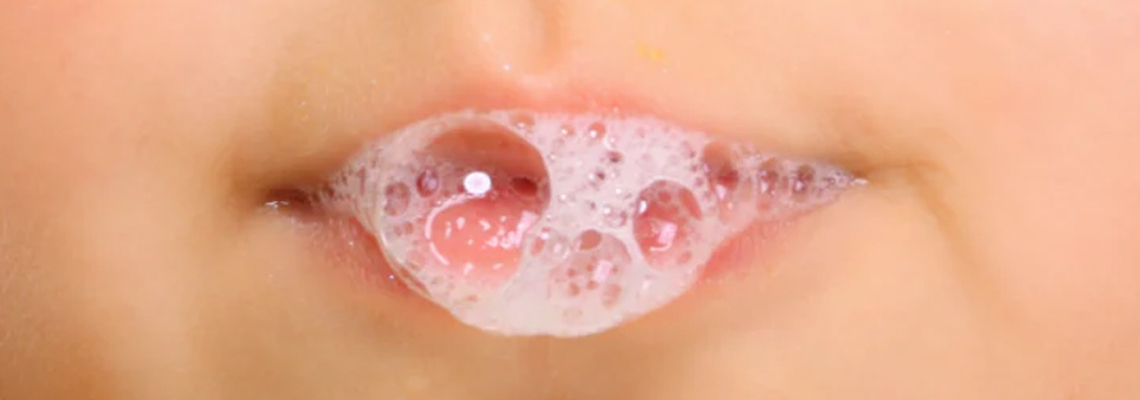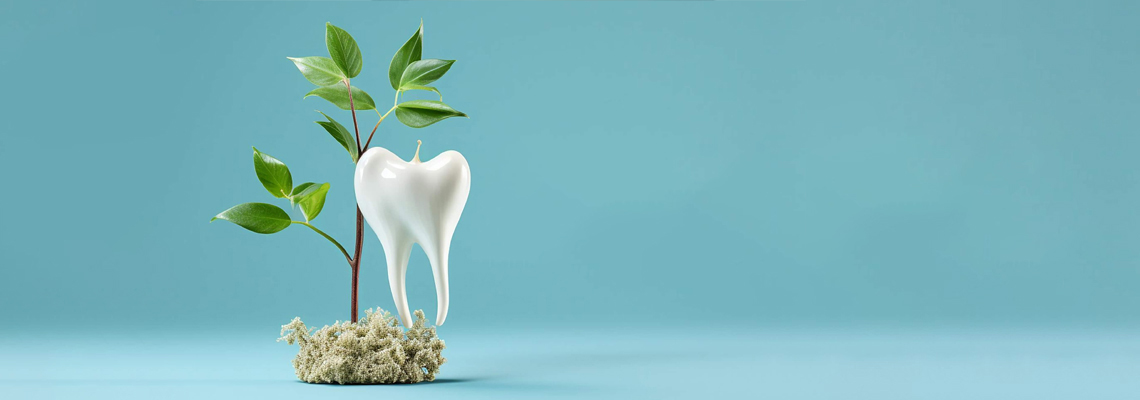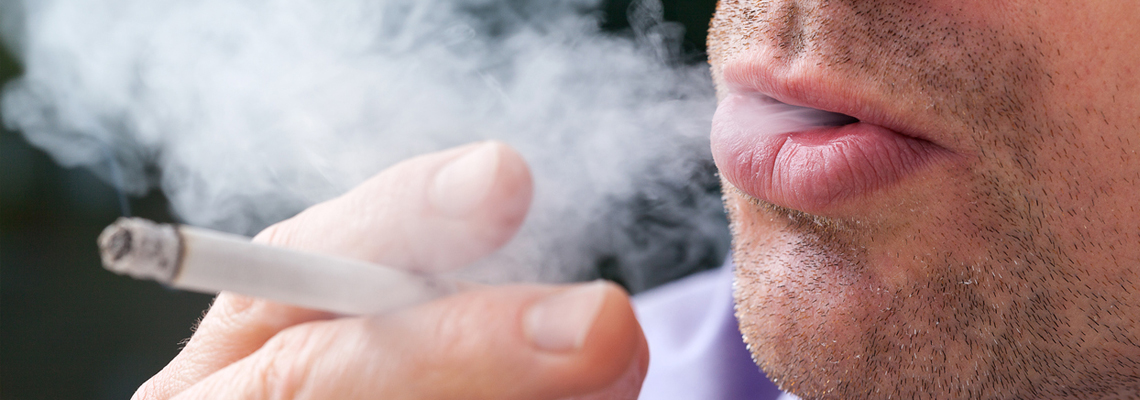Have you seen ads for foods that say they are sweetened with xylitol, which is healthier than sugar? Some sugar-free gums have xylitol in them, and the companies that make them say it helps fight tooth decay and gum disease. The claims made by manufacturers may make you want to try xylitol instead of going to the dentist every six months by cutting back on sugar and replacing it with xylitol. But you know what xylitol is, right? If not, please keep reading this article to learn more about this product.
What is Xylitol?
Xylitol is a natural compound that can be found in grapes, strawberries, onions, and other fruits, vegetables, and vegetables. In the early 1900s, xylitol was found in Germany. But Finland was the only country to use xylitol as a natural sweetener during World War II. In 1963, the Food and Drug Administration (FDA) in the United States approved xylitol as a food additive. Since then, xylitol has been approved for use in toothpaste, chewing gum, energy bars, mint, and medicines.
Chemically, xylitol is a sugar alcohol, which is a type of sugar alcohol that naturally occurs in carbohydrates. Even though xylitol has alcohol in it, it does not have ethanol, which is what gets you drunk.
Why is Xylitol Good for Teeth?
Clinical studies that looked at how xylitol affects teeth showed that its unique molecular structure helps remineralize dental enamel before bacteria start to wear away at the teeth. Also, xylitol helps keep the right pH level in the mouth by keeping it alkaline. This helps strengthen tooth enamel that has become weak.
The benefits of xylitol for oral health are mostly related to increased saliva flow. This is because xylitol-infused saliva makes the mouth more alkaline. When the pH level in the mouth goes above 6.5, calcium and phosphate in the saliva start making the weaker parts of the enamel stronger.
How Xylitol Can Help Your Teeth?
When people have cavities or tooth decay, the dentist usually tells them to use xylitol. Oral bacteria leave acids on people’s teeth, which causes the two problems. When people don’t brush and floss to get rid of food particles and bacteria, they are more likely to get tooth decay and cavities.
By increasing saliva flow, xylitol makes it less likely that your teeth will get cavities. The flow of saliva helps keep the overall pH levels stable, which reduces the amount of bacteria in the mouth. Conditions like gingivitis, xerostomia, and periodontitis are also caused by bad bacteria.
The bacteria that cause cavities can’t break down xylitol, which makes it hard for them to grow and spread. Also, studies show that people who use genital products with xylitol have 50% less bacteria in their mouths that make acid than people who don’t use genital products.
Also, xylitol makes it harder for bacteria to stick to the teeth and make plaque. Plaque that has hardened into tartar is hard to get rid of with brushing and flossing. For Tartar removal to work, people need to have their teeth cleaned by a dentist.
Can Xylitol Fix Cavities & Stop Gum Disease?
Studies on artificial enamel showed that xylitol helps teeth get back their minerals. But the problem happened in the deeper layers of enamel, not in the top layers. In the end, the researchers came to the conclusion that xylitol alone can’t rebuild tooth enamel without fluoride. But they proved that xylitol combined with fluoride, calcium, and phosphate is a good way to keep teeth from getting cavities.
The first sign that someone has gum disease is when their gums start to bleed. This is called gingivitis. Gingivitis happens when people don’t take care of their teeth and plaque builds up on their teeth and below the gum line. If you don’t treat gingivitis, it can lead to gum recession, swollen gums, and periodontal disease.
Researchers who looked into whether or not xylitol can cure gum disease found that it can help treat mild or early gingivitis. People with these conditions may want to talk to their dentist about xylitol. But people who have gums that bleed often after brushing need to go to the dentist for a thorough checkup and deep cleaning.
Xylitol can make you spit out more saliva, which can help fight bacteria in your mouth. Xylitol can also be used to remineralize tooth enamel that has been damaged by bacteria and keep oral tissues moist to stop the growth of bacteria that cause tooth decay. Xylitol is safe for kids, adults, and people with diabetes to use.
People can buy toothpaste and mouthwash with xylitol at pharmacies or online stores. Also, you can easily buy gum and mints at grocery stores and convenience stores. This article doesn’t say that people who use xylitol shouldn’t go to the dentist. In reality, we recommend that people go to the dentist every six months for cleanings and exams.
Are You Looking For Dental Implants
Click on the links below to learn more about the approximately $50,000 savings option for Dr. Motiwala’s packages.
- Full mouth dental implants & Cost of Treatment
- Smile Makeover & Cost of Treatment
- Watch 100’s of Testimonials from our International Patients
Make An Appointment!
Please don’t hesitate to get in contact with us if you’re experiencing dental issues or if you’re interested in learning more about dental implants and how they can make your smile more beautiful and stable. Make an appointment for a consultation with the helpful staff at the Dr. Motiwala Dental Clinic & Implant Center by dialing +91 99596 14584. We also welcome your inquiries via our website’s Contact Us page (accessed via the banner below).























